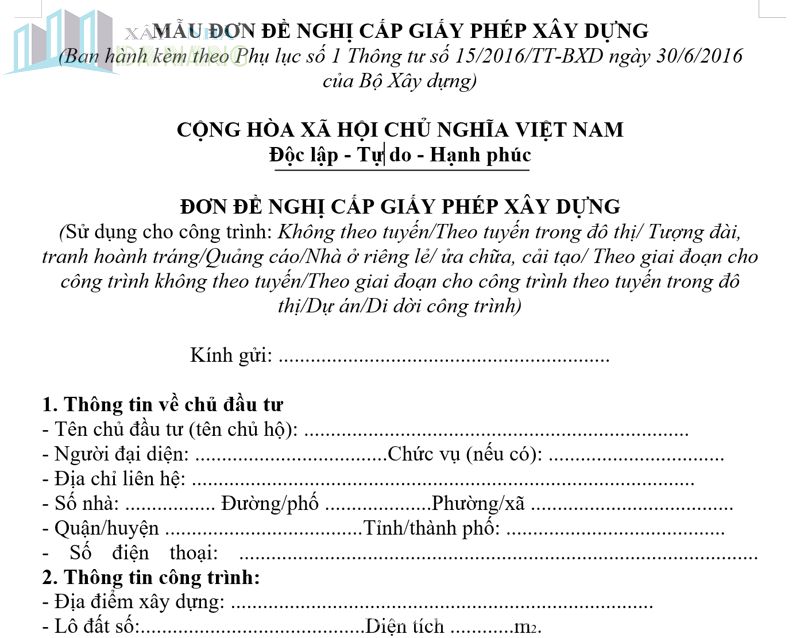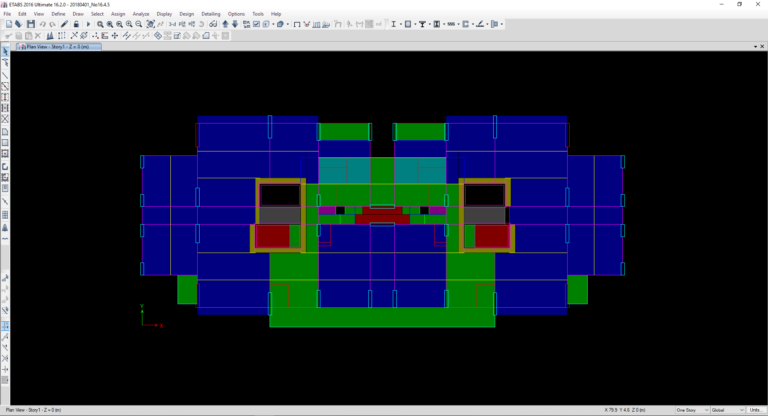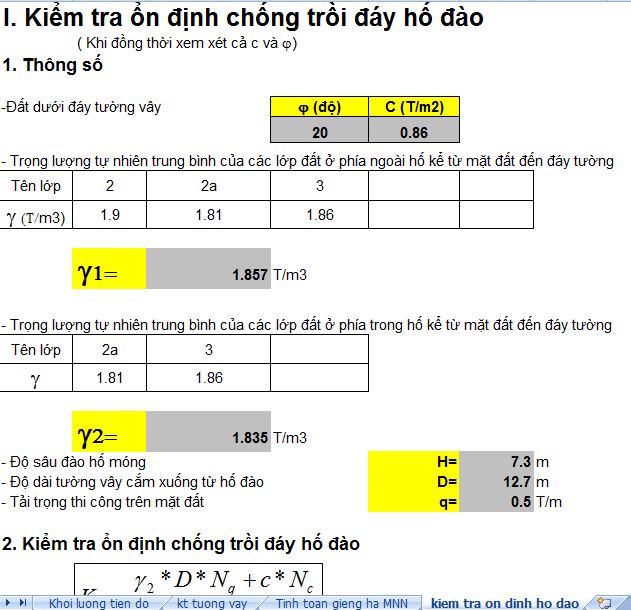Topic Who qualifies for indiana tax refund: If you filed an Indiana resident tax return for the 2020 tax year by December 31, 2021, you may qualify for the $125 Automatic Taxpayer Refund. This is a positive benefit provided by the Indiana Department of Revenue. The refund is issued through direct deposit to eligible taxpayers, providing a financial boost and added incentive for filing taxes on time.
Table of Content
- How can I qualify for an Indiana tax refund?
- What is the deadline for filing an Indiana resident tax return to qualify for a tax refund?
- How much is the Automatic Taxpayer Refund for Indiana residents?
- YOUTUBE: Experts\' advice on maximizing Indiana\'s $200 tax refund
- Can non-residents of Indiana qualify for a tax refund?
- Are there any eligibility requirements for claiming the tax refund in Indiana?
- What is the process for claiming an Indiana tax refund?
- Can someone who has not received Social Security benefits qualify for the $200 Automatic Taxpayer Refund?
- Can a taxpayer claim the refund if they are being claimed as a dependent by someone else?
- Are there any specific income limits for qualifying for an Indiana tax refund?
- Are there any additional credits or deductions that can affect eligibility for a tax refund in Indiana?
How can I qualify for an Indiana tax refund?
To qualify for an Indiana tax refund, you need to follow these steps:
1. Determine your residency status: You must have filed an Indiana resident tax return for the specific tax year you are seeking a refund for.
2. File your tax return on time: Make sure you file your Indiana resident tax return by the deadline, which is typically April 15th of each year. If you missed the deadline, file as soon as possible to avoid penalties.
3. Meet the eligibility criteria: Specific eligibility criteria may vary depending on the tax year and any special provisions or credits available. Check the official Indiana Department of Revenue (DOR) website or consult with a tax professional to determine if you meet the criteria for any available tax refunds or credits.
4. Claim any withheld income tax or estimated tax paid: If you meet the criteria for a tax refund, make sure to claim any withheld income tax or estimated tax payments that you have made during the tax year. This will help maximize your refund amount.
5. Monitor updates and announcements: Stay updated on any changes or updates from the Indiana DOR regarding tax refunds and credits. They may introduce new provisions or eligibility requirements, so it\'s essential to keep track of the latest information.
Remember, it\'s always advisable to consult with a tax professional or refer to the official Indiana DOR resources for accurate and personalized guidance based on your specific situation.
What is the deadline for filing an Indiana resident tax return to qualify for a tax refund?
According to the search results, the deadline for filing an Indiana resident tax return to qualify for a tax refund is December 31, 2021.
How much is the Automatic Taxpayer Refund for Indiana residents?
According to the information provided in the Google search results, the Automatic Taxpayer Refund (ATR) for Indiana residents is $125. This refund is available to those who filed an Indiana resident tax return for the 2020 tax year by December 31, 2021.
Experts\' advice on maximizing Indiana\'s $200 tax refund
\"Discover the secrets to maximizing your productivity and achieving your goals with our insightful video. Unleash your full potential and learn expert tips and techniques that can truly make a difference in your personal and professional life. Don\'t miss out on this opportunity to take your success to new heights!\"
Can non-residents of Indiana qualify for a tax refund?
No, non-residents of Indiana typically do not qualify for a tax refund from the state of Indiana. The Indiana tax refund is generally only available to individuals who have filed an Indiana resident tax return. Non-residents who have earned income in Indiana may be required to file a non-resident tax return with the state, but their eligibility for a tax refund would depend on the specific tax laws and regulations of both Indiana and their home state. It is recommended that non-residents consult with a tax professional or the Indiana Department of Revenue for accurate and personalized information regarding their tax situation.
Are there any eligibility requirements for claiming the tax refund in Indiana?
Yes, there are eligibility requirements for claiming a tax refund in Indiana. Here are the steps to determine if you qualify:
1. Determine your residency: To be eligible for an Indiana tax refund, you must have filed an Indiana resident tax return for the applicable tax year. This means that you must have been a resident of Indiana during that year.
2. File your tax return: Make sure you have filed your Indiana tax return by the deadline specified by the Indiana Department of Revenue. Generally, the deadline is April 15th of the following year, but it may vary.
3. Meet any specific criteria: In some cases, there may be specific criteria for claiming certain tax refunds. For example, in the search results you provided, there is mention of a $125 Automatic Taxpayer Refund (ATR) and a $200 Automatic Taxpayer Refund. These may have additional requirements, such as receiving Social Security benefits in a specific year or not being claimed as a dependent on someone else\'s tax return. Review any specific requirements for the particular refund you are seeking.
4. Be aware of any deadlines: It is important to be aware of any deadlines associated with claiming a tax refund. Make sure you file your tax return before the deadline to avoid missing out on any potential refunds.
5. Follow the proper procedures: Follow the instructions provided by the Indiana Department of Revenue for claiming your tax refund. This may involve submitting the necessary forms or information and providing any supporting documentation.
Remember to consult the official Indiana Department of Revenue website or seek professional advice to ensure you have the most accurate and up-to-date information regarding your eligibility for a tax refund in Indiana.
_HOOK_
What is the process for claiming an Indiana tax refund?
To claim an Indiana tax refund, follow these steps:
1. File an Indiana resident tax return: First and foremost, you need to file an Indiana resident tax return for the applicable tax year. Make sure to do this before the deadline, typically April 15th of the following year.
2. Provide accurate information: Fill out your tax return accurately and include all necessary information, such as your income, deductions, and any applicable credits. Ensure that your Social Security number, contact details, and banking information are correctly provided.
3. Wait for processing: Once you have submitted your tax return, the Indiana Department of Revenue (DOR) will review and process it. This may take some time, so be patient. You can check the status of your return online using the DOR\'s website.
4. Receive a notice of assessment or refund: After processing, the DOR will send you a notice of assessment or refund. The notice will detail any taxes owed or the amount of refund you are entitled to receive.
5. Choose your refund method: If you are eligible for a refund, you can choose how to receive it. The options typically include direct deposit to your bank account or receiving a paper check through mail. Direct deposit is usually faster and more convenient.
6. Receive your refund: Once your refund is approved, it will be issued according to your chosen method. If you opted for direct deposit, the refund will be deposited into your bank account. If you opted for a paper check, it will be mailed to the address you provided on your tax return. The timeframe for receiving your refund will vary.
7. Follow up if needed: If you have not received your refund within a reasonable timeframe or if you have any concerns or questions, you can contact the Indiana Department of Revenue for assistance. They will be able to provide you with more information and guidance.
Remember to keep copies of your tax return, notices, and any related documentation for your records.
Indiana expands tax refund eligibility with lawmakers\' approval
\"Are you unsure about your eligibility for that dream job or exclusive program? Our informative video provides you with all the essential guidelines and insider advice to ensure you meet the necessary requirements. Take the first step towards securing your future and watch this video to maximize your chances of success!\"
Indiana lawmakers finalize $200 taxpayer refund plan
\"The wait is over! It\'s time to finalize your plans and turn your dreams into reality. In this captivating video, we guide you through the crucial steps needed to bring your project or idea to fruition. Don\'t let indecision hold you back any longer – tune in now and unlock the power of making informed final decisions.\"
Can someone who has not received Social Security benefits qualify for the $200 Automatic Taxpayer Refund?
According to the information provided in the Google search results, in order to qualify for the $200 Automatic Taxpayer Refund, an individual must have received Social Security benefits in the calendar year 2022. This suggests that someone who has not received Social Security benefits would not meet the eligibility criteria for the refund.
However, it\'s important to note that the search results might not provide a comprehensive understanding of all the qualifications for the tax refund. To get a definitive answer, it is advisable to consult official sources such as the Indiana Department of Revenue or a tax professional who can provide accurate and personalized information based on your specific circumstances. They can guide you on the eligibility criteria and whether you qualify for the $200 Automatic Taxpayer Refund.

Can a taxpayer claim the refund if they are being claimed as a dependent by someone else?
No, a taxpayer cannot claim a refund if they are being claimed as a dependent by someone else. Being claimed as a dependent means that another person, such as a parent or guardian, is able to claim certain tax benefits for the individual, including the ability to claim any potential tax refunds.
Are there any specific income limits for qualifying for an Indiana tax refund?
According to the Google search results, there was no specific mention of income limits for qualifying for an Indiana tax refund. However, it is important to note that eligibility for tax refunds can vary based on various factors such as filing status, income level, deductions, and credits claimed.
To determine if you qualify for an Indiana tax refund, it is recommended to consult the Indiana Department of Revenue (DOR) website or speak with a tax professional. They can provide the most accurate and up-to-date information regarding eligibility criteria and income limits for tax refunds in Indiana. Providing step-by-step instructions would not be necessary in this case as there were no specific income limits mentioned in the search results.

Are there any additional credits or deductions that can affect eligibility for a tax refund in Indiana?
Yes, there are additional credits and deductions that can affect eligibility for a tax refund in Indiana. These credits and deductions can reduce your taxable income and potentially increase the amount of your refund. Here are a few examples:
1. Indiana Earned Income Credit (EIC): This credit is available to lower-income individuals and families who meet certain income requirements. It is based on the federal Earned Income Tax Credit and can provide a significant refund amount.
2. Child Tax Credit: If you have dependent children, you may be eligible for the Indiana Child Tax Credit. This credit can help reduce your tax liability and potentially increase your refund.
3. Education Credits: Indiana offers tax credits for qualifying educational expenses. The Indiana College Credit and the 21st Century Scholars Credit are two examples of educational credits that can affect your eligibility for a tax refund.
4. Itemized Deductions: If you choose to itemize your deductions instead of taking the standard deduction, you may be eligible for additional deductions that can reduce your taxable income and potentially increase your refund. These deductions can include expenses such as mortgage interest, property taxes, and charitable contributions.
It\'s important to note that eligibility for credits and deductions can vary based on individual circumstances, so it\'s recommended to consult with a tax professional or refer to the Indiana Department of Revenue website for specific details and requirements.
_HOOK_










